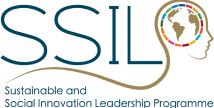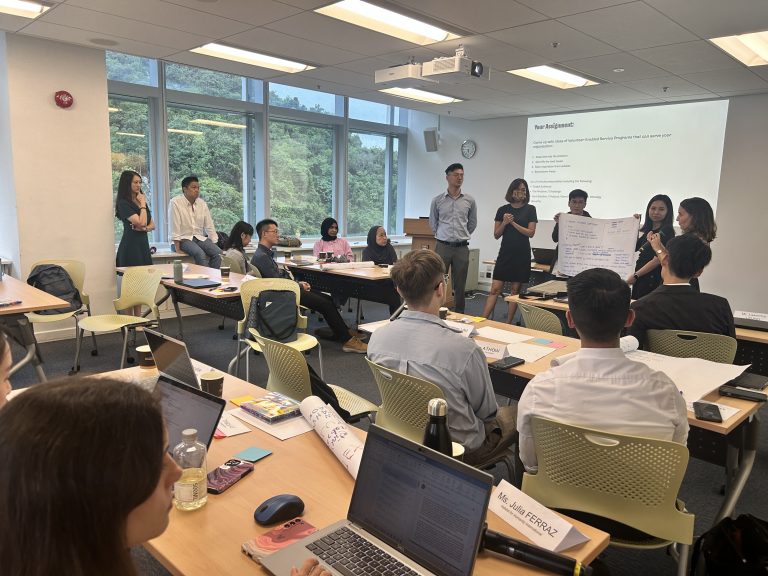In the ever more interconnected world, nonprofit organizations no longer operate in isolation. The surge in cross-sector collaborations requires nonprofit leaders to be open-minded to novel approaches. The HKU-UBS Sustainable and Social Innovation Programme (SSILP) serves as a platform for participants, exposing them to the latest trend in social innovation while nurturing a mindset towards cross-sector collaborations.
Lesson 4: Cross-sector collaboration
Professor Cheryl Chui from the University of Hong Kong (HKU), seeded the theoretical foundation for cross-sector collaboration, encouraging participants to establish integrative and transformational relationship with their cross-sector partners. Supplementing this academic perspective, Ms. Natalie Char, Senior Manager of the Swire Group Charitable Trust, unfolded successful stories of cross-sector collaborations within the Swire Group.
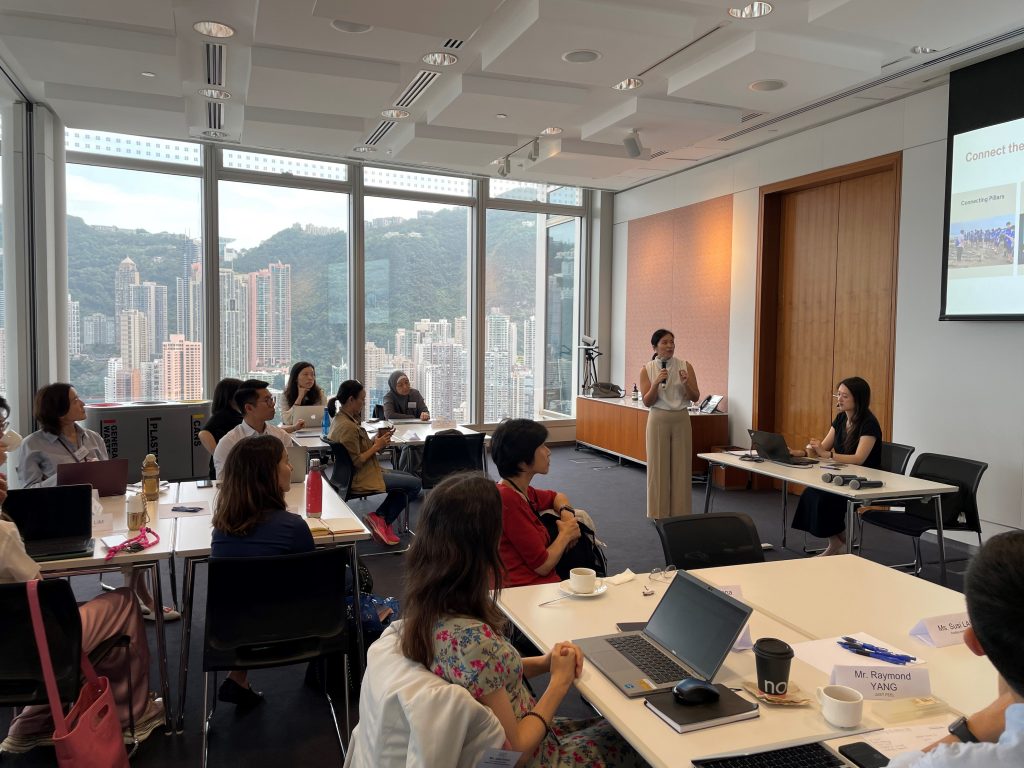
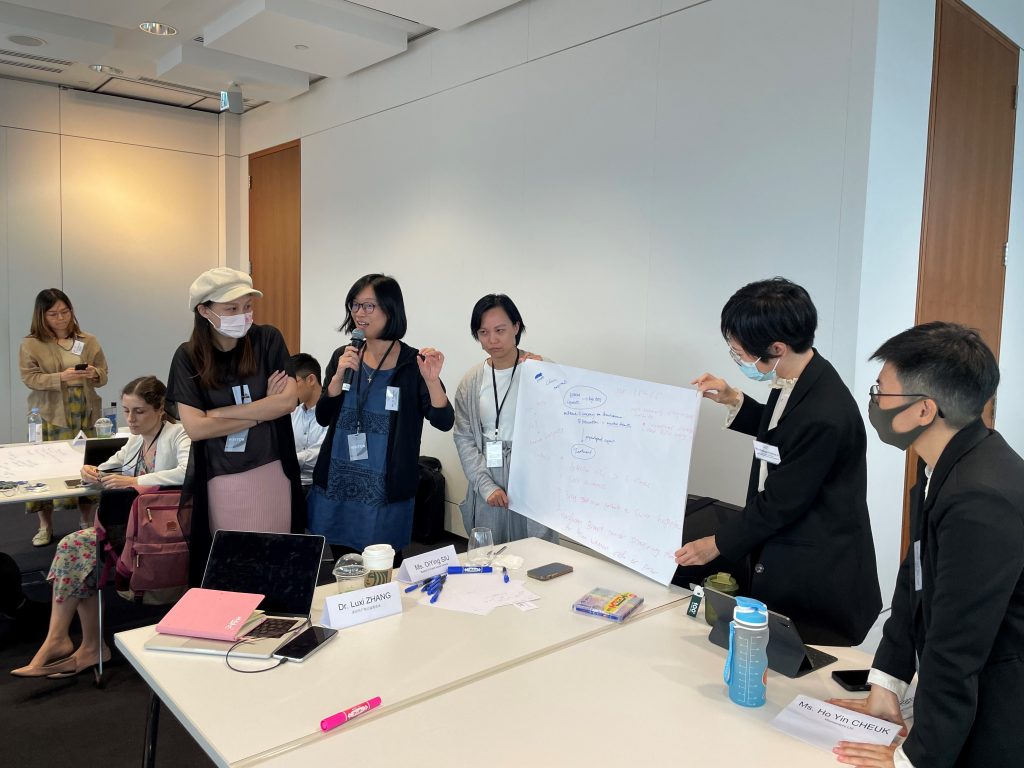
Building on these insights, the cohort were tasked to come up with a collaboration initiative among their organizations and the Swire Group, enriching their understanding of mutually beneficial relationships in cross-sector collaboration.
Ms. Anushka Purohit, CEO and Co-Founder of Breer Limited, added practical dimension to the lesson by sharing her experience working with various partners to launch her social enterprise, exemplifying the importance of mutual benefit in collaborative relationships.
Lesson 5: Evidence-based decision-making
Evidence-based approach has been highly appreciated in social service projects. However, the concept of “evidence” often seems elusive in front line operation. Professor Amy Chow from HKU opened the lesson by asking participants to think through the evidence that informs their daily decision-making.
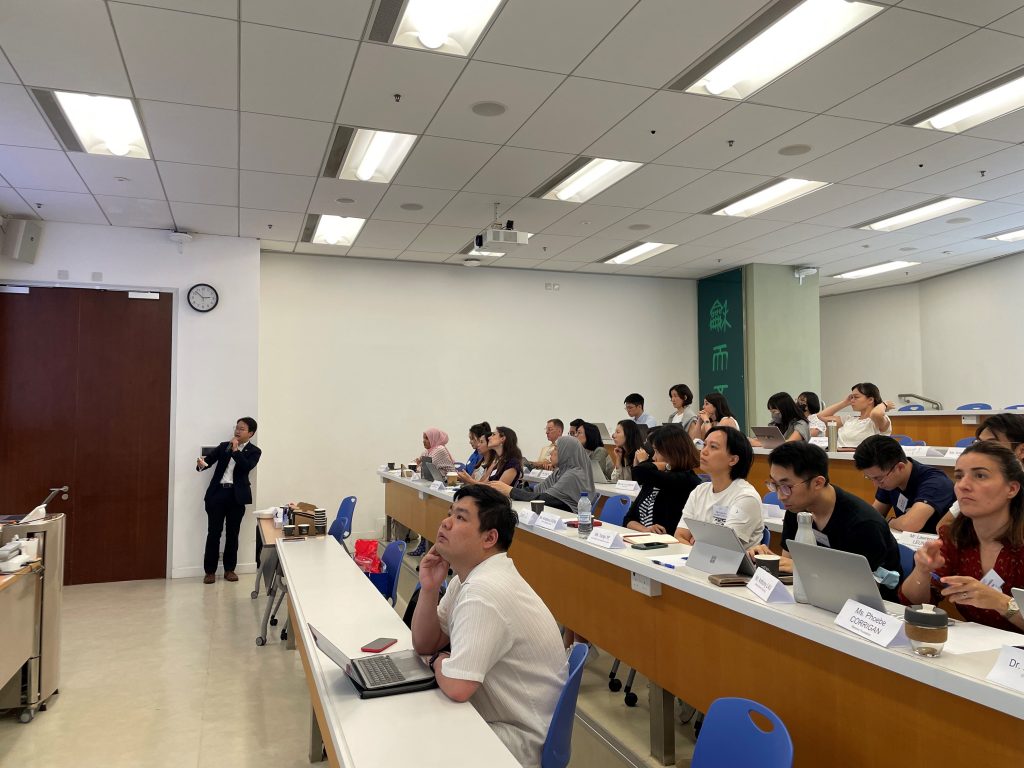
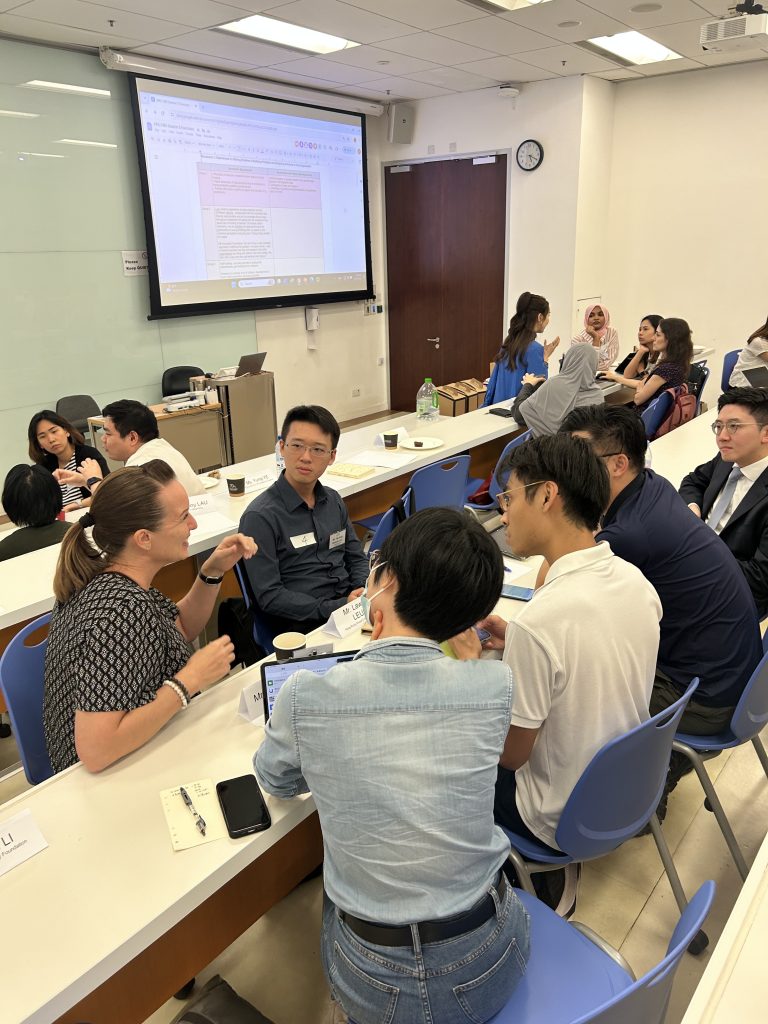
Mr. Horrace Lit, Executive Manager of Charities from the Hong Kong Jockey Club, guided participants on using evidence to identify the problems and craft precise and accurate solutions. Following him. Catherine Gurtin, CEO of PathFinders Limited, shared her experiences in using data to identify service gaps and develop evidence-based solutions to the problems. Ultimately, evidence need not to be complex scientific data; operational data and beneficiary testimonials can all be invaluable assets to any project.
Lesson 6: Social innovation
The increasingly competitive nonprofit environment demands continuous innovation from nonprofit practitioners. Innovation does not need to be as fancy as an Iphone; it can be as simple yet impactful as a wheel that helps people to carry food and water in Sub-Saharan Africa.
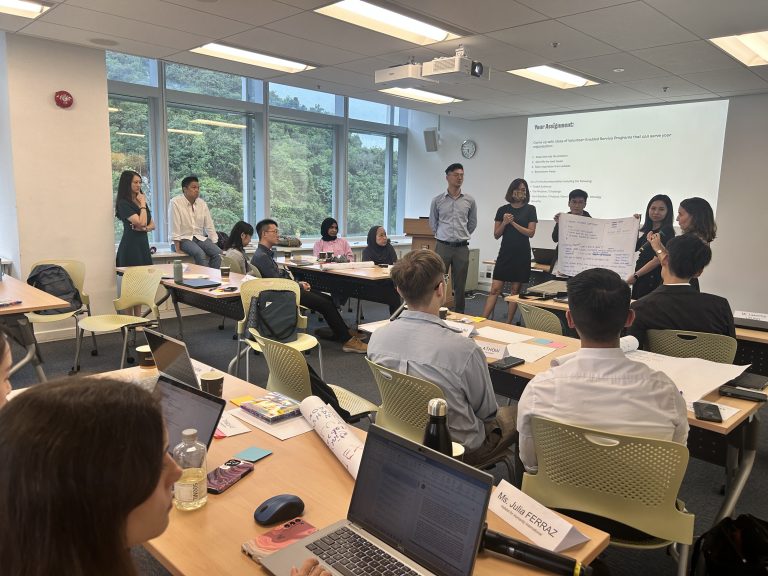
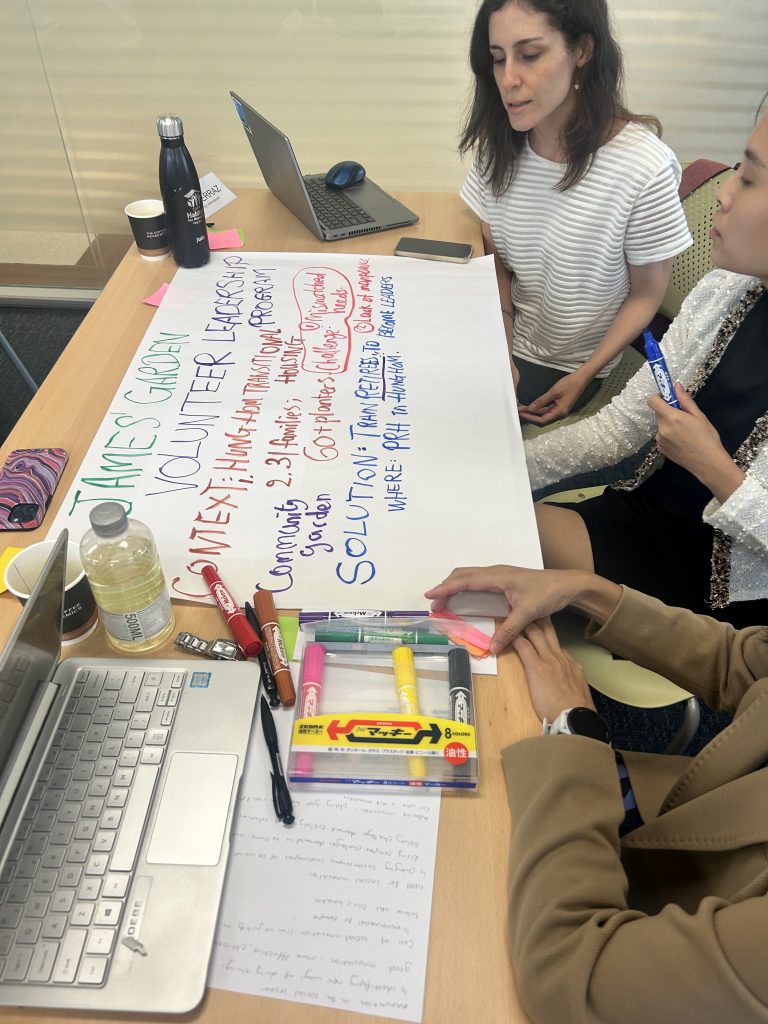
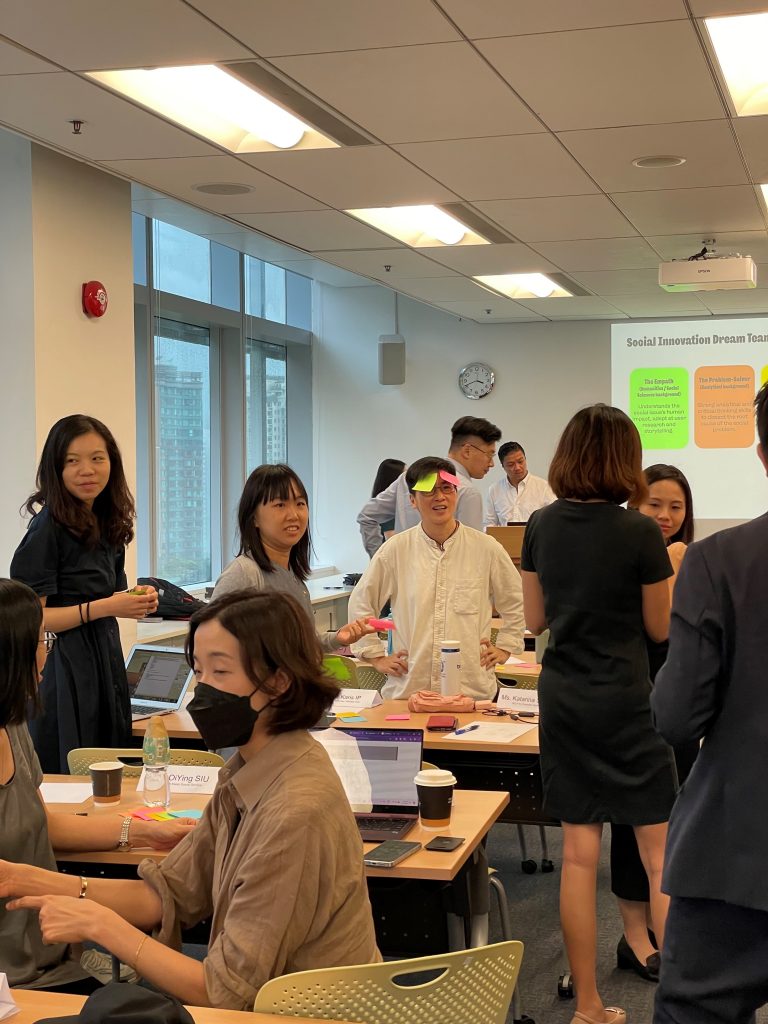
Professor Cheryl Chui introduced the theoretical framework of social innovation, emphasizing innovation may not be something completely new but a novel application of existing products or approaches to address issues. Mr. Matthew Tam, CEO of Social Career, reiterated this view, stressing that innovation represents a fresh way of thinking, which challenges traditional methods and paves the way for more productive outcomes.
